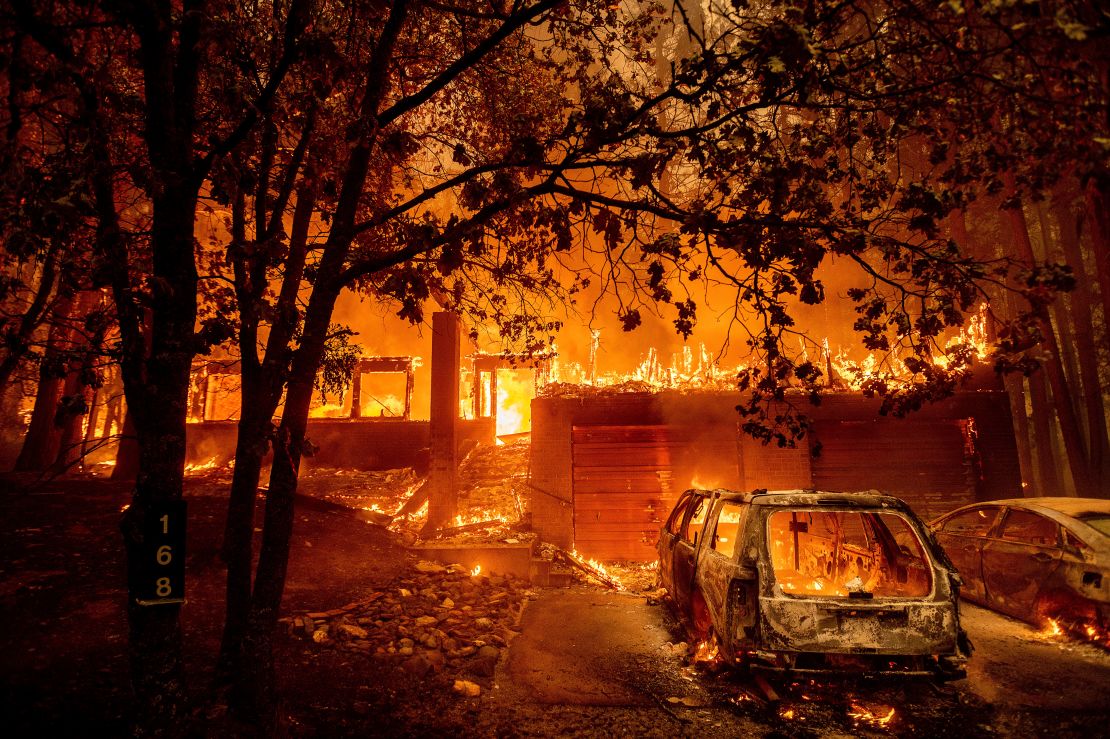Forest fires rage on in Chile killing at least 99 people
Mon 05 Feb 2024, 11:17:46

Santiago, Chile: Firefighters wrestled Sunday with massive forest fires that broke out in central Chile two days earlier, as officials extended curfews in cities most heavily affected by the blazes and said at least 99 people were killed. The fires burned with the highest intensity around the city of Viña del Mar, where a famous botanical garden founded in 1931 was destroyed by the flames on Sunday. At least 1,600 people were left without homes.
Several neighborhoods on the eastern edge of Viña del Mar were devoured by flames and smoke, trapping some people in their homes. Officials said 200 people were reported missing in Viña del Mar and the surrounding area. The city of 300,000 people is a popular beach resort and also hosts a well-known music festival during the southern hemisphere's summer.
On Sunday morning, Chilean President Gabriel Boric visited the town of Quilpé, which was also heavily affected by the fires and reported that 64 people had been killed. In the afternoon, Chile's Forensic Medicine Service updated the death toll to 99 people in a message published on X, formerly Twitter.
“We regret the tragedy that is unfolding and we send our condolences to the families that have been affected," the agency said in a statement posted on its website. Boric said the death toll could rise as rescue workers search through homes that have collapsed. Some of those arriving in hospitals were also in critical condition. Rodrigo Mundaca, the governor of the Valparaiso region, where Viña del Mar and other affected cities are located, said Sunday he believed some of the fires could have been intentionally caused, echoing a theory that had also been mentioned Saturday by Boric.
These fires began in four points that lit up
simultaneously,” Mundaca said. “As authorities we will have to work rigorously to find who is responsible.” The fires around Viña del Mar began in mountainous forested areas that are hard to reach. But they have moved into densely populated neighborhoods on the city's periphery despite efforts by Chilean authorities to slow down the flames.
simultaneously,” Mundaca said. “As authorities we will have to work rigorously to find who is responsible.” The fires around Viña del Mar began in mountainous forested areas that are hard to reach. But they have moved into densely populated neighborhoods on the city's periphery despite efforts by Chilean authorities to slow down the flames.
On Saturday, Boric said that unusually high temperatures, low humidity and high wind speeds were making it difficult to control the wildfires in central Chile, which have already burnt through 8,000 hectares (30 square miles) of forest and urban areas. Boric flew over some of the areas burnt by the fires on Sunday and visited a school that has been turned into a shelter for the displaced. He said that a presidential vacation home on the shores of Viña del Mar that is surrounded by large gardens would be temporarily converted into a leisure center for the children of families affected by the fires. The president declared two days of national mourning.
“All of Chile is suffering” Boric said. “But we will stand up once again.” Officials asked people in areas affected by the fires to evacuate their homes as quickly as possible, while those farther from the fires were told to stay at home in order to facilitate the transit of fire engines and ambulances. Curfews were declared in Viña del Mar and the neighboring cities of Quilpé and Villa Alemana as part of an effort to prevent looting.
The fires broke out during a week of record high temperatures in central Chile. Over the past two months, the El Niño weather pattern has caused droughts and high temperatures in western South America that have also increased the risk of forest fires.
No Comments For This Post, Be first to write a Comment.
Most viewed from International
Most viewed from World
AIMIM News
Latest Urdu News
Most Viewed
May 26, 2020
Do you think Canada-India relations will improve under New PM Mark Carney?
Latest Videos View All
Like Us
Home
About Us
Advertise With Us
All Polls
Epaper Archives
Privacy Policy
Contact Us
Download Etemaad App
© 2025 Etemaad Daily News, All Rights Reserved.



.jpg)






.jpg)
.jpg)








.jpg)
.jpg)
.jpg)
.jpg)
.jpg)

















